
Journey to the East
Bendza's parents, both former cabinet ministers in Gabon, had high hopes on their son, one of 10 children in the family, would follow in their footsteps and enter politics. But instead he became mesmerized by kung fu after watching classic Bruce Lee films.
"I watched The Way of The Dragon (1972) at the cinema and was amazed at how a single guy could beat all the villains. I would go to the cinema as long as there were movies [starring Lee]. I watched all his movies," he recalls.
When he first expressed interest in going to China to learn kung fu, his family were reluctant.
"Practicing martial arts in their eyes was fooling around," he says. "But it's more painstaking than what you see in the movies; it requires strict discipline. The process is boring and you have to take it step by step to master moves and know yourself."
Despite his parents' opposition, Bendza continued mimicking his hero by accompanying wild punches and kicks with high-pitched shouts.
Eventually, they agreed he could go to China after feeling more comfortable about the idea due to Bendza's uncle being Gabon's then-ambassador to the country.
He first went to kung fu's spiritual home, the Shaolin Temple, before learning martial arts at Beijing Sport University. Over the next 20 years, he gradually ascended to the rank of seventh duan, the third-highest level overall, and became a grand master.
"I used to carry two buckets of water with my arms parallel to the ground and bend my legs all the way back for 45 minutes daily. After all the pain, none of the challenges in life pose a problem to me," he says.
Kung fu ambassador
Having spent his entire adult life in China, Bendza describes the Middle Kingdom as his "second motherland."
"I practically grew up here. I don't think I will ever leave China," he says.
While his kung fu training ensures he can defend himself from any physical attacks, he finds it harder to fend off racism in daily life.
"It's very hard to get a taxi. A female taxi driver once told me that her boss had instructed her not to accept black passengers," he sighs.
Many of the negative stereotypes of Africans in China are rooted in ignorance, he adds.
"When talking about Africa, [Chinese] always think about war, famine and AIDS. But we also have cultural diversity and good business opportunities," he insists.
"I want to organize a Gabonese national martial arts team. It can serve as the bridge between Gabon, as well as Africa, and China."


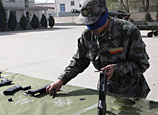

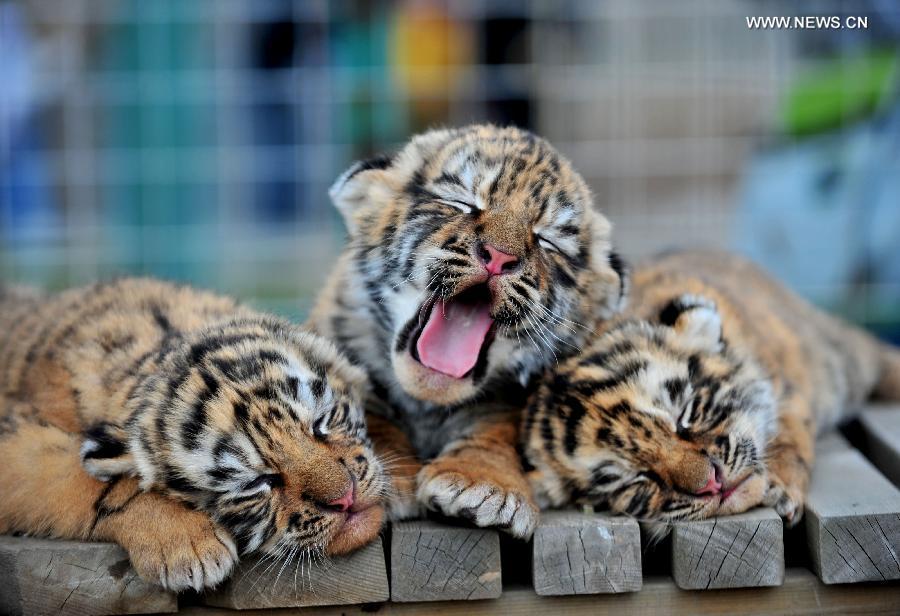
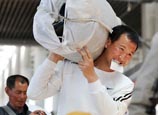
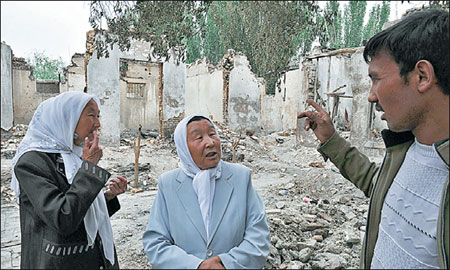
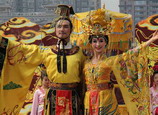
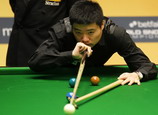








 Huge rubber duck visits Hong Kong
Huge rubber duck visits Hong Kong


![]()
